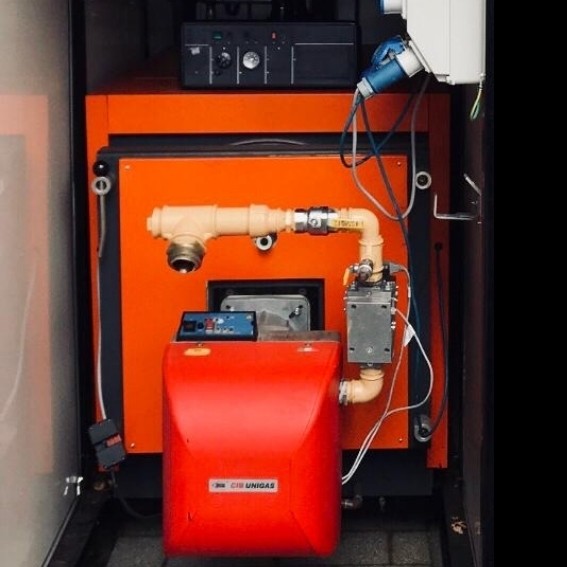If you hear loud, gurgling noises from your plumbing, you should inspect your boilers for any problems. It is critical to address the issue at its source to prevent further harm to your system and find the appropriate solutions. Read on to learn how to diagnose a noisy boiler before it becomes a bigger problem.
Here are the common causes and solutions of a noisy boiler:
Gurgling Noises
Gurgling radiators can be caused by a frozen condensate pipe, trapped air in the system, or insufficient water pressure. While some gurgling within the boiler is normal, it is critical to investigate if the gurgling becomes loud or continuous. Depending on the nature of the problem, there are simple solutions that you can do at home.
Here are some tips you can do with your Gurgling boilers:
1. You Need to Check the Water Pressure
According to the user manual, if the display reading is less than 1 bar, this indicates low pressure. Once your boiler starts gurgling, you can check the pressure gauge. To raise the pressure to the proper level, follow the step-by-step instructions.
2. You Need to Check for Frozen Pipes
If you notice a white overflow pipe, this indicates that your line is frozen. A frozen pipe can be thawed by pouring warm water over it.
3. You Need to Check if Your System Needs Bleeding
The gurgling sound is caused by trapped air in the system, which can be remedied by bleeding the radiators. Leaving trapped air in your system may result in additional problems.
Vibrating Noises
A vibrating boiler can be caused by loose brackets, which must be tightened. You can pull them on your own. However, if the vibrating sounds persist, you should contact a professional engineer to diagnose the problem.
Banging Noises
A faulty thermostat or debris buildup on the heat exchanger can cause loud banging noises in your boiler. When there is a buildup of debris, a qualified professional may require a power flush. A power flush is required to remove sludge from the system, preventing blockages and inefficient heating.
Whistling Noises
When your boiler makes whistling noises, this is known as “kettling” due to limescale buildup on the heat exchanger of the boiler. This case is typical in areas with what is known as hard water or water with high mineral content.
Because of the minerals in the water, limescale deposits form and solidify, restricting the flow of the water. This is how water enters the heat exchanger and becomes trapped, causing it to overheat and expand. The whistling sounds are produced as a result of this process.
When this occurs regularly, it can have a negative long-term impact on the efficiency of your boiler. Suppose the limescale buildup is not properly treated. In that case, the boiler will need to use more fuel to reach the desired temperature and may result in increased energy consumption, raising your costs. If you are interested in getting rental solutions for your boilers, you can look up some commercial boiler hire companies.
Conclusion
It is good to identify the different kinds of noises your boilers make, indicating various types of problems. In this case, you can locate the best solutions to do. It’s better to consult experts to ensure that your boiler is always in working order.
Are you looking for boiler hire services in London? London Climate Hire might be what you are looking for. We are HVAC specialists who provide complete turnkey rental solutions. We offer boiler chillers, portable air conditioners, heaters, and other accessories for sale. Visit us and learn more.

